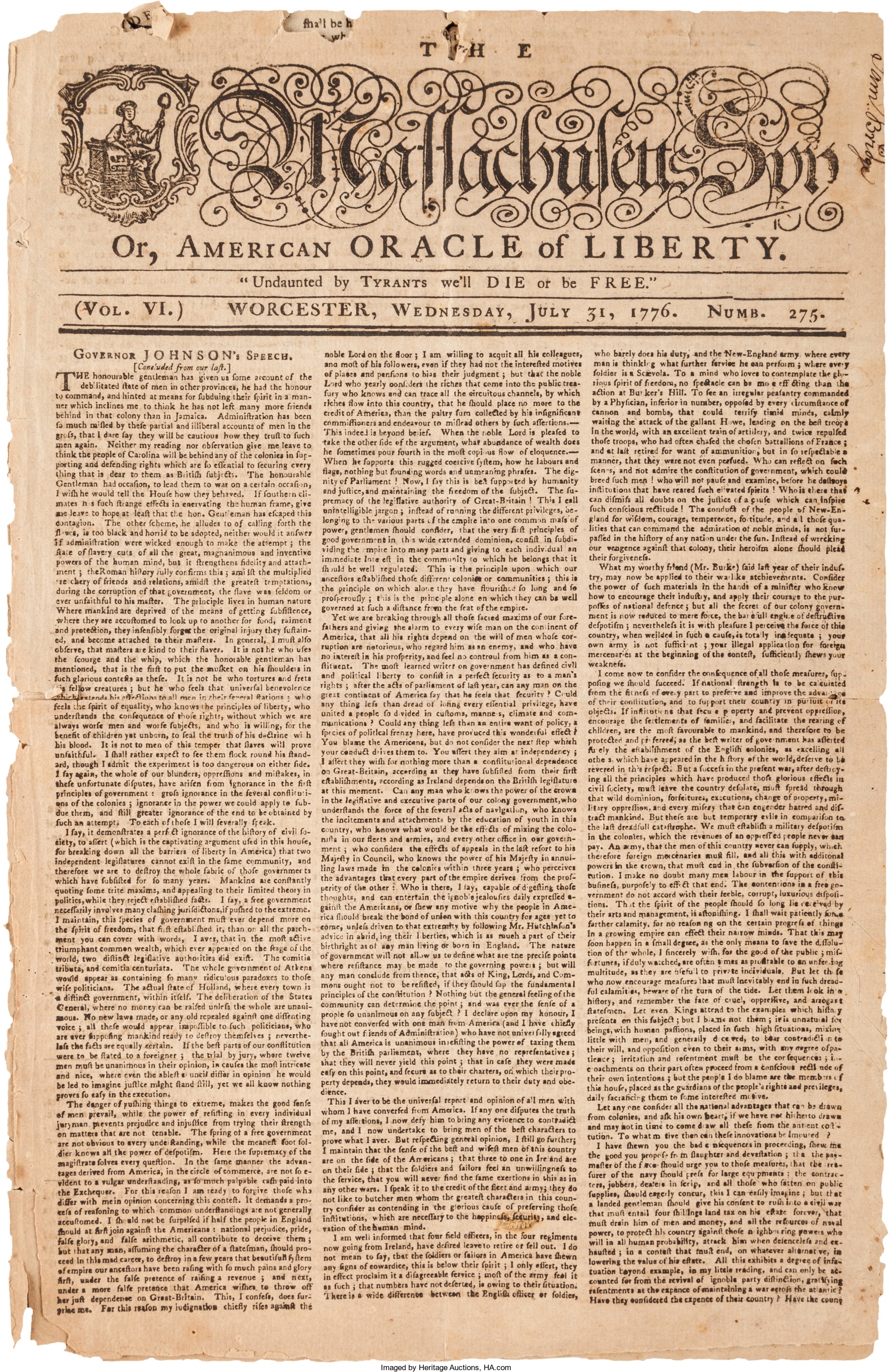
By Jim O’Neal
During the winter of 1774-75, George Washington helped militia groups in Virginia form independent companies for a possible war with Great Britain. This included choosing officers and arming, equipping and training for a worst-case event. They naturally started clamoring for Washington as their commander and he finally agreed to accept the field command for four independent companies in Virginia counties.
In January, The Virginia Gazette thanked the aspiring hero in a quatrain: “In spite of Gage’s flaming sword/and Carleton’s Canadian troop/Brave Washington shall give the word/and we’ll make them howl and whoop.” The forces for war were gaining momentum.
In March 1775, Washington was summoned to Richmond to attend the Second Virginia Convention. This meeting ratified the resolutions of the Continental Congress and applauded the work of seven delegates from Virginia. Patrick Henry argued that British troops intended to enslave the Colonies and set pulses racing with his flaming response: “Is life so dear or peace so sweet as to be purchased at the price of chains and slavery? Forbid it, Almighty God! I know not what course others may take, but as for me, give me liberty or give me death!”
Buoyed by these words, the convention agreed that Virginia should be placed in “a posture of defense.”
In April, it momentarily seemed as if an early chapter of the Revolutionary War would be written in Virginia when the British (Lord Dunmore) had all the gunpowder stored at a Williamsburg arsenal removed and placed in a British man-of-war under the pretext of worrying about a slave uprising. When enraged patriots threatened to invade the governor’s mansion, Washington counseled caution and advised the companies under his command not to march on Williamsburg. A young 24-year-old James Madison condemned Washington for having “discovered a pusillanimity little comporting with their professions or the name of Virginia.”
As a military man, Washington knew how indomitable the British military machine was and how quixotic a full-scale revolution would be. As he later said of America’s chances in the spring of 1775, “It is known that the expense in comparison with our circumstances as colonists must be enormous, the struggle protracted, dubious and severe. The resources of Britain were, in a manner, inexhaustible, that her fleets cover the ocean and that her troops had harvested laurels in every quarter of the globe … money the nerve of war, was wanting.”
But these colonists had something much more precious, as Washington would later say: “The unconquerable resolution of our citizens, the conscious rectitude of our cause and a confident trust that we should not be forsaken by heaven.”
The role of heaven is unknowable, but the importance of leaders, especially George Washington, is still a remarkable miracle that we should never forget.
We are still a beacon of democracy for the world to follow.
 Intelligent Collector blogger JIM O’NEAL is an avid collector and history buff. He is president and CEO of Frito-Lay International [retired] and earlier served as chairman and CEO of PepsiCo Restaurants International [KFC Pizza Hut and Taco Bell].
Intelligent Collector blogger JIM O’NEAL is an avid collector and history buff. He is president and CEO of Frito-Lay International [retired] and earlier served as chairman and CEO of PepsiCo Restaurants International [KFC Pizza Hut and Taco Bell].
